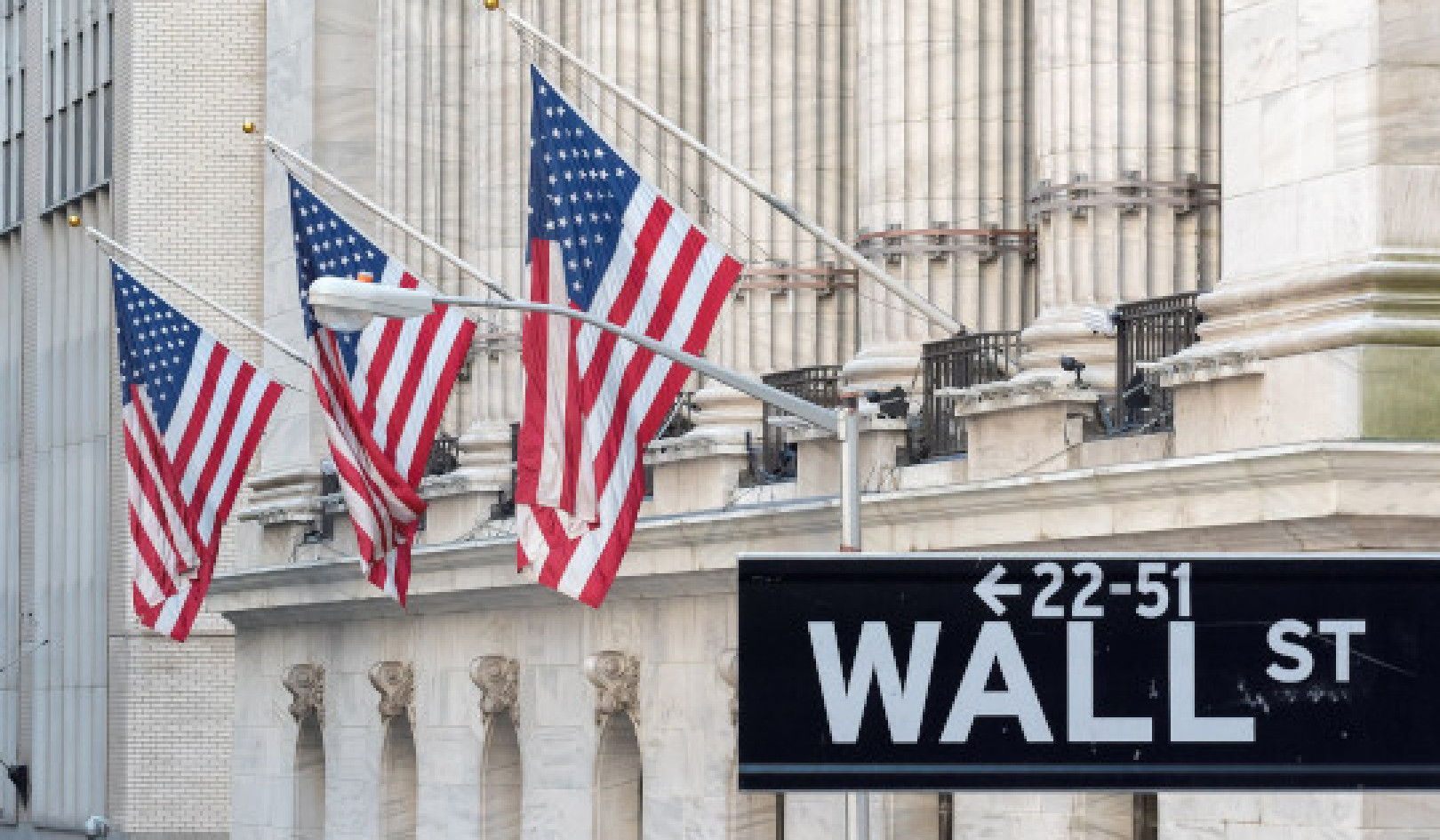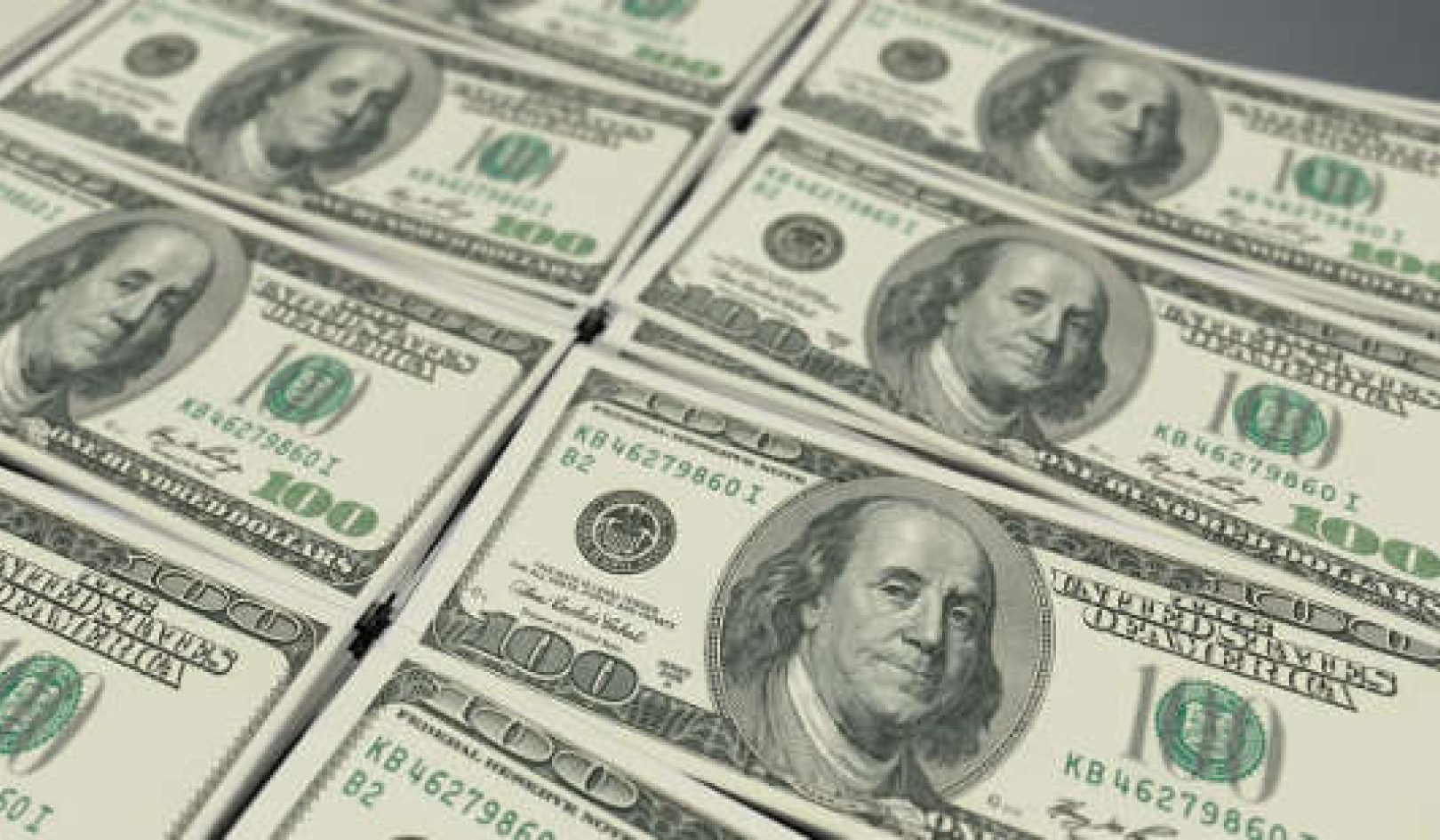
Perceptions of extreme inequality undermine people’s belief that the economy is working for them. (Shutterstock)
Nearly half of Canadian workers feel as though the economic conditions in Canada are “poor,” according to our survey of 2,500 Canadian workers in September of 2023. And another 38 per cent said they believed economic conditions are “only fair.”
These findings are unsurprising, given the poor state of the Canadian economy and the growing pessimism among Canadians toward it. Inflation and interest rates both remain high, and job openings are struggling to keep up with the growing labour force.
We have tracked perceived inequality since September of 2019, when we launched the first in a series of national surveys with the help of the Angus Reid Group.
We subsequently fielded similar surveys each September from 2020 to 2023, with a total of 18,500 participants in our University of Toronto Canadian Quality of Work and Economic Life Study. One goal of our study is to track long-term trends in the economic life of Canadians.
Canadians’ view of inequality
Perceived inequality is difficult to measure, so we used a well-established method that researchers have used for decades in the International Social Survey Programme’s Social Inequality Module.
This method includes showing survey participants images and descriptions of five types of societies that each represent different levels of inequality, and asking them which diagram they believe best represents their country.
In our survey, we showed respondents a diagram of the five types and asked them: “Which type of society is Canada today — which diagram comes closest?”
Type A represents the most extreme inequality, with a small elite at the top, few people in the middle and most people at the bottom. Between 1999 and 2019, the International Social Survey found no change in the share of respondents — 19 per cent — that believed Canada resembles Type A. But in our 2023 survey, 32 per cent believed it did.
The share that saw Canada as a middle-class society (Type D) plummeted from 29 per cent to 16 per cent. There has been a dramatic shift in the perception of increasing inequality, with 64 per cent seeing Canada as Type A or B.
When we asked participants what they think Canada should be like, 84 per cent prefer a Type D or E society, where most of society are middle- or upper-class. The difference between the stability in this preferred level of inequality compared to the volatility of the perceived reality is noteworthy.
The cost of living and perceived inequality
The factors that shape perceived inequality are complex, but its relationship to the perceived cost of living stands out.
To measure this relationship we asked participants: “How has your experience of the cost of living changed during the past few years?” The number of Canadian workers who said their experience was “much worse” jumped from 28 per cent in 2019 to 49 per cent in 2023.
“We’re so careful with our money,” a 31-year-old operations assistant told us. “Housing, food, utilities and fuel are becoming too astronomical to handle — we shouldn’t be suffering!”
Anxiety over the cost of living can cause people to feel like economic inequality is worse than it actually is. In 2019, 27 per cent of respondents who believed Canada’s cost of living was worsening viewed the country as a Type A society with a small elite at the top and most people at the bottom. Now, a whopping 41 per cent do.
“Everyone I know has been cutting purchases,” a 59-year-old delivery worker said. “I haven’t purchased undergarments for five years, toiletries for three years, and I’m only able to eat one meal a day, not extras of anything.”
Canadians are disillusioned
Our discoveries support a recent report from Léger, a Canadian market research firm, that found two-thirds of Canadians feel like “everything feels broken in this country right now.”
As a 37-year-old mortgage administrator said: “The country’s system is rigged in favour of the few at the expense of the many.” A 36-year-old photographer similarly said: “Our broken tax system allows folks at the top to exploit the system.”
The economy relies on worker productivity, and workers rely on the reciprocity of the economy. It’s an exchange relationship that seems increasingly compromised, as workers are being hit hardest by inflation.
Perceptions of extreme inequality undermine people’s belief that the economy is working for them. This, in turn, dampens their aspirations to improve their economic lot and weakens the hope that their efforts will translate into improved quality of life.
“Our leaders don’t do anything,” a 34-year-old personal trainer said. “I have zero faith in our political parties.” Similarly, a 47-year-old small farm owner said: “The elite of all parties rob, steal, and abuse power for personal benefit, leaving the working class to pay.”
Those in power should be concerned about the growing gap between perceived and preferred inequality. For instance, many Canadians have lost faith in the Liberal party’s campaign promise to grow the middle class. This loss of confidence poses a threat to the Liberal party’s chances of re-election.![]()
Scott Schieman, Professor of Sociology and Canada Research Chair, University of Toronto; Alexander Wilson, PhD Student, Department of Sociology, University of Toronto, and Jiarui Liang, Master's Student, Department of Sociology, University of Toronto
This article is republished from The Conversation under a Creative Commons license. Read the original article.
Recommended books:
Capital in the Twenty-First Century
by Thomas Piketty. (Translated by Arthur Goldhammer)
 In Capital in the Twenty-First Century, Thomas Piketty analyzes a unique collection of data from twenty countries, ranging as far back as the eighteenth century, to uncover key economic and social patterns. But economic trends are not acts of God. Political action has curbed dangerous inequalities in the past, says Thomas Piketty, and may do so again. A work of extraordinary ambition, originality, and rigor, Capital in the Twenty-First Century reorients our understanding of economic history and confronts us with sobering lessons for today. His findings will transform debate and set the agenda for the next generation of thought about wealth and inequality.
In Capital in the Twenty-First Century, Thomas Piketty analyzes a unique collection of data from twenty countries, ranging as far back as the eighteenth century, to uncover key economic and social patterns. But economic trends are not acts of God. Political action has curbed dangerous inequalities in the past, says Thomas Piketty, and may do so again. A work of extraordinary ambition, originality, and rigor, Capital in the Twenty-First Century reorients our understanding of economic history and confronts us with sobering lessons for today. His findings will transform debate and set the agenda for the next generation of thought about wealth and inequality.
Click here for more info and/or to order this book on Amazon.
Nature's Fortune: How Business and Society Thrive by Investing in Nature
by Mark R. Tercek and Jonathan S. Adams.
 What is nature worth? The answer to this question—which traditionally has been framed in environmental terms—is revolutionizing the way we do business. In Nature’s Fortune, Mark Tercek, CEO of The Nature Conservancy and former investment banker, and science writer Jonathan Adams argue that nature is not only the foundation of human well-being, but also the smartest commercial investment any business or government can make. The forests, floodplains, and oyster reefs often seen simply as raw materials or as obstacles to be cleared in the name of progress are, in fact as important to our future prosperity as technology or law or business innovation. Nature’s Fortune offers an essential guide to the world’s economic—and environmental—well-being.
What is nature worth? The answer to this question—which traditionally has been framed in environmental terms—is revolutionizing the way we do business. In Nature’s Fortune, Mark Tercek, CEO of The Nature Conservancy and former investment banker, and science writer Jonathan Adams argue that nature is not only the foundation of human well-being, but also the smartest commercial investment any business or government can make. The forests, floodplains, and oyster reefs often seen simply as raw materials or as obstacles to be cleared in the name of progress are, in fact as important to our future prosperity as technology or law or business innovation. Nature’s Fortune offers an essential guide to the world’s economic—and environmental—well-being.
Click here for more info and/or to order this book on Amazon.
Beyond Outrage: What has gone wrong with our economy and our democracy, and how to fix it -- by Robert B. Reich
 In this timely book, Robert B. Reich argues that nothing good happens in Washington unless citizens are energized and organized to make sure Washington acts in the public good. The first step is to see the big picture. Beyond Outrage connects the dots, showing why the increasing share of income and wealth going to the top has hobbled jobs and growth for everyone else, undermining our democracy; caused Americans to become increasingly cynical about public life; and turned many Americans against one another. He also explains why the proposals of the “regressive right” are dead wrong and provides a clear roadmap of what must be done instead. Here’s a plan for action for everyone who cares about the future of America.
In this timely book, Robert B. Reich argues that nothing good happens in Washington unless citizens are energized and organized to make sure Washington acts in the public good. The first step is to see the big picture. Beyond Outrage connects the dots, showing why the increasing share of income and wealth going to the top has hobbled jobs and growth for everyone else, undermining our democracy; caused Americans to become increasingly cynical about public life; and turned many Americans against one another. He also explains why the proposals of the “regressive right” are dead wrong and provides a clear roadmap of what must be done instead. Here’s a plan for action for everyone who cares about the future of America.
Click here for more info or to order this book on Amazon.
This Changes Everything: Occupy Wall Street and the 99% Movement
by Sarah van Gelder and staff of YES! Magazine.
 This Changes Everything shows how the Occupy movement is shifting the way people view themselves and the world, the kind of society they believe is possible, and their own involvement in creating a society that works for the 99% rather than just the 1%. Attempts to pigeonhole this decentralized, fast-evolving movement have led to confusion and misperception. In this volume, the editors of YES! Magazine bring together voices from inside and outside the protests to convey the issues, possibilities, and personalities associated with the Occupy Wall Street movement. This book features contributions from Naomi Klein, David Korten, Rebecca Solnit, Ralph Nader, and others, as well as Occupy activists who were there from the beginning.
This Changes Everything shows how the Occupy movement is shifting the way people view themselves and the world, the kind of society they believe is possible, and their own involvement in creating a society that works for the 99% rather than just the 1%. Attempts to pigeonhole this decentralized, fast-evolving movement have led to confusion and misperception. In this volume, the editors of YES! Magazine bring together voices from inside and outside the protests to convey the issues, possibilities, and personalities associated with the Occupy Wall Street movement. This book features contributions from Naomi Klein, David Korten, Rebecca Solnit, Ralph Nader, and others, as well as Occupy activists who were there from the beginning.
Click here for more info and/or to order this book on Amazon.






















